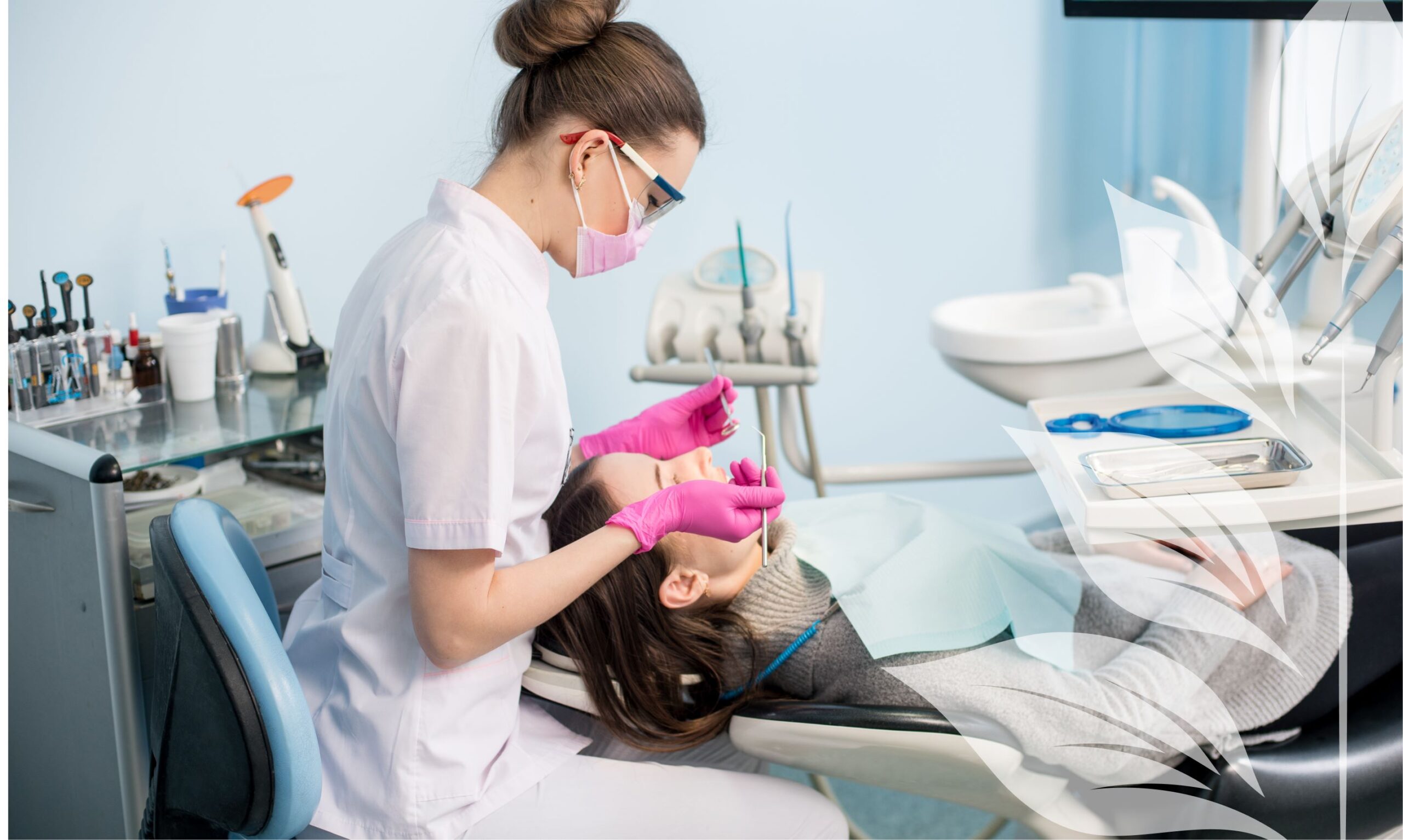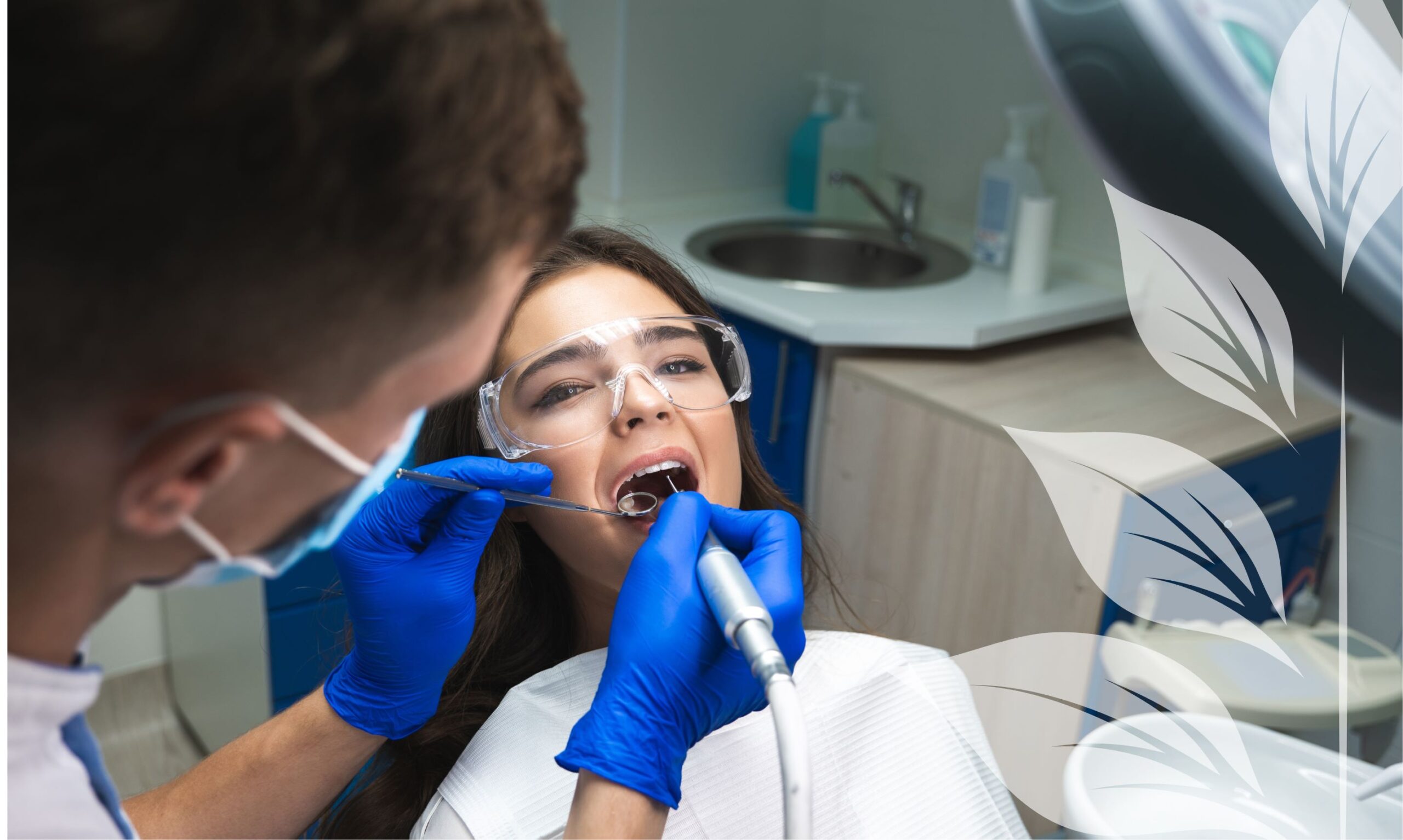Support Your Gums—Protect Your Smile
Healthy gums are the unsung heroes of a vibrant smile and often take a backseat regarding oral hygiene conversations. Yet, periodontal disease, commonly known as gum disease, remains a prevalent and pressing oral health issue, affecting a vast populace without the herald of toothaches.
Gum disease stealthily progresses from mere gingivitis—characterized by swollen, red gums that tend to bleed, especially when flossing—to the more severe form known as periodontitis. This advanced stage undermines the periodontal ligament and jawbone, leading to tooth loss if left unchecked.
Understanding the trajectory of periodontal disease and recognizing its early signs can empower individuals to take control of their oral health, preserving that cherished smile for the long haul.
1. Recognizing the Signs and Symptoms
Periodontal disease often begins with subtle symptoms that may go unnoticed without regular dental checkups. The earliest stage, gingivitis, is marked by gums that appear red and swollen and may bleed easily during routine brushing or flossing—a symptom not to be ignored as merely normal. If you notice that your gums bleed when flossing, it clearly indicates that your gum health could be at risk.
As the condition advances to periodontitis, the signs become more pronounced with symptoms such as persistent bad breath, gums that pull away from the teeth, and a lingering unpleasant taste in the mouth. In severe cases, you might experience discomfort or pain when chewing, increased tooth sensitivity, and even loose teeth.
It’s imperative to seek dental evaluation at the first hint of these symptoms to protect your gums and overall oral health.
2. The Most Common Cause of Gum Disease
The majority of gum disease cases can be attributed to inadequate oral hygiene, which allows plaque to build up along and beneath the gumline. Neglecting daily brushing and flossing routines leads to the harmful accumulation of bacteria, resulting in tartar—a hard substance that can only be removed by a dental professional. Infrequent dental visits prevent early detection and management of conditions that may lead to gum disease. Although genetic predisposition and systemic health issues play a role, the pervasiveness of gum disease is largely preventable with conscientious oral care and regular dental checkups.
3. Other Risk Factors for Gum Disease
Understanding the risk factors for periodontal disease is crucial in taking proactive steps to prevent it. Certain conditions and lifestyle choices, such as smoking or using tobacco products, greatly elevate the risk of developing gum disease. Genetics can also influence it. Some individuals are predisposed to periodontal problems regardless of their oral hygiene practices.
Systemic conditions like diabetes or heart disease can also exacerbate the severity of gum disease due to the body’s weakened resistance to infection. Hormonal changes, particularly in women, can make gums more sensitive and susceptible to gingivitis, and medications that reduce saliva flow can increase the risk as well. Nutritional deficiencies, particularly a lack of vitamin C, have also been linked to deteriorating gum health. Addressing these factors can help maintain strong and resilient gums.
4. Long-Term Health Consequences
Ignoring the implications of periodontal disease can lead to significant long-term health impacts. Untreated periodontitis may result in the loss of teeth, which is far more than a cosmetic issue. It can affect nutrition, speech, and quality of life. In fact, gum disease is the leading cause of tooth loss in adults.
Research also suggests a correlation between periodontal disease and systemic health problems, such as cardiovascular disease, stroke, and diabetes complications, due to the chronic inflammation that can add strain to your body’s immune system.
While the thought of these consequences is concerning, they serve as a powerful reminder of the importance of dental health in our overall well-being, highlighting the need for seeking timely treatment and practicing diligent oral hygiene.
5. Prevention and Treatment Options
Effective prevention and management of gum disease are key to maintaining oral health. Treatment for gingivitis is primarily focused on restoring proper oral hygiene practices. This includes routine brushing, using fluoride toothpaste, flossing daily, and incorporating an antiseptic mouthwash to reduce bacteria. Professional dental cleanings are also crucial, as they remove plaque and tartar that at-home brushing cannot.
When gingivitis progresses to periodontitis, treatment becomes more complex. Periodontitis is not reversible, but it is manageable. Treatment may involve deep dental cleaning methods, such as scaling and root planing, medication, and, in advanced cases, surgery. Regular follow-ups with a periodontist may be necessary to monitor the condition.
To prevent relapse after treatment for periodontitis, patients must adhere to rigorous oral hygiene and make lifestyle changes, such as quitting smoking. Dental professionals will often recommend a maintenance plan, which might include more frequent dental cleanings and the use of specific therapeutic oral care products. When combined with a healthy diet low in sugar and high in nutrients, these measures can help manage periodontitis and prevent relapse.
Let Allred Family Dentistry help you safeguard your gum health.
Maintaining healthy gums is integral to your overall wellness, and understanding the progression from gingivitis to periodontitis can empower you to take action. With the proper oral hygiene routine, smart lifestyle choices, and regular dental visits, you have the power to protect and preserve your gum health. Take the first step towards a brighter smile and a healthier future. If you’re looking for experienced dentists in Hampton and Griffin, Georgia, Allred Family Dentistry is here to support you every step of the way.
Schedule your appointment today at one of our two convenient locations and begin your journey to optimal oral health. Let’s work together to keep your smile strong and your gums healthy!





